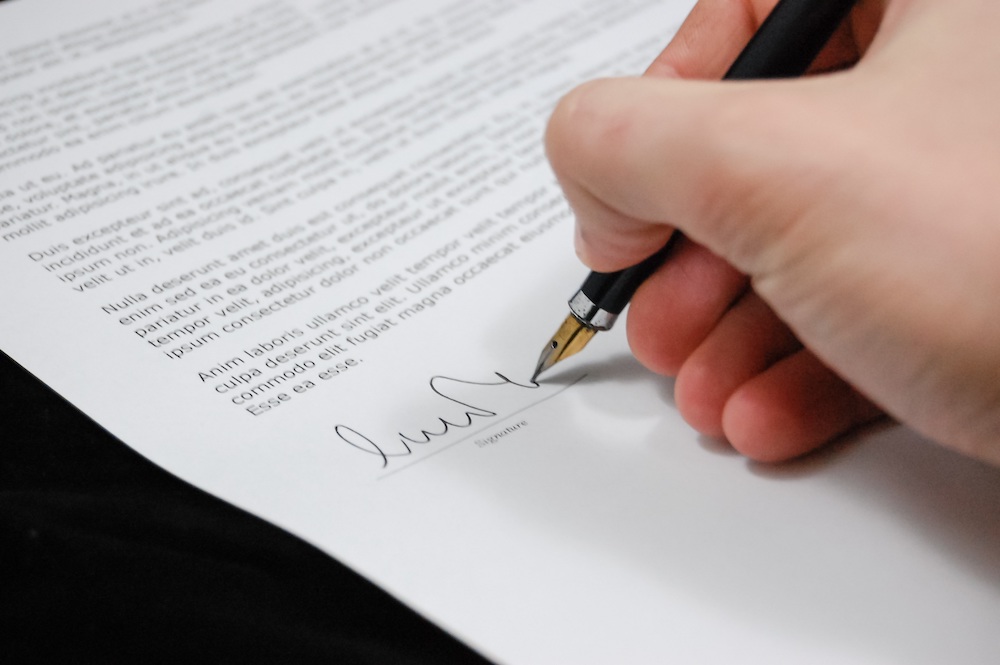What is certified translation and how can I certify my existing translation?
24th July 2020
Have you ever been asked to get a certified translation and were unsure what it meant? You are not on your own, we get asked this question often.
What is certified translation?
A certified translation is any document that has been translated, signed, stamped and dated by a professional and qualified linguist (or a translation agency) to confirm that it is a true (accurate and complete) representation of the original text. This means that the translation can be relied upon and used by official and legal bodies such as HMRC, courts and government offices.

How are documents certified?
There are presently three methods of certifying a document translation:
- The document has been translated into the new language by a sworn translator (they must be in the country that recognises their status as a sworn translator).
- The document can be certified in front of a practising solicitor or a notary public.
- The document is certified by a fully qualified translator or translation company (accredited to make certifications conforms) confirming that translation is “true and accurate translation of the original”.
Certified translations should include:
- a certification letter (signed, stamped and dated)
- hard copy of the original document
- hard copy of the translated document.
You should always ask the translation company to confirm in writing on the translation:
- that it’s a “true and accurate translation of the original document”
- the date of the translation
- the full name and contact details of the translator or a representative of the translation company.
When do I need certified translation services?
There are many situations where certified translation is required but the most popular is translation of legal documents, such as birth and marriage certificates, legal contracts and briefs, wills and trusts. The full list of legal documents can be found here.
People often use certified translation documents in legal cases, when obtaining licenses and certificates, in mergers and acquisitions, during immigration proceedings and in international business dealings.
Can I certify my existing translation?
Unfortunately, we cannot certify existing translations, mainly because we can’t be sure the document is a true and accurate translation of the original. However, we can translate the original document again and certify for it.
How do you know if a translator is certified?
Unlike many other European countries, the UK doesn’t have a system of certified translators accredited by a particular body. Translations can be ‘self-certified’ by any practising translator.
What’s the difference between certified and notarised translation?
Notarised translation is the same as a certified translation, but with an extra level of certification on top of standard certification. To notarise a translation, a notary or an official government representative or must be present to sign-off on the document.
Notarised translations are frequently required for court and legal documents, but if in doubt, it’s best to check with the official or legal body that has asked you for the translation and find out what is required.
We hope this article helped you understand certified translation. If you need any further information or need a quote, please feel free to contact us.
